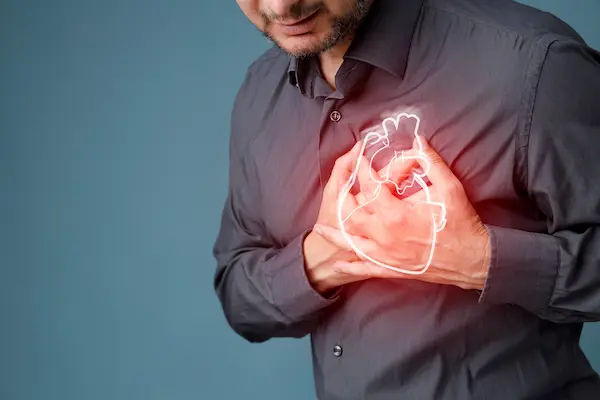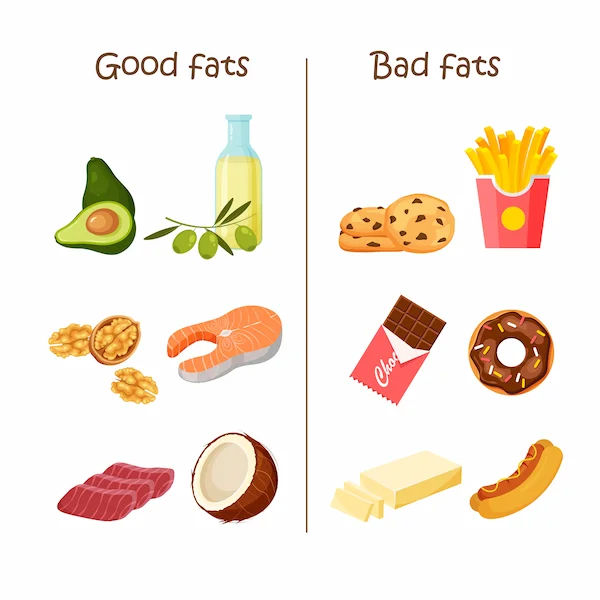- Male
- 58 Years
- 22/01/2025
I'm taking Ecosprin 75 for my heart condition and lately, I've been having a lot of sinus issues. Could the Ecosprin be causing this? What should I do?
More Cardiology Health Queries
View allI'm trying to figure out how long the results of a treadmill test (TMT) are valid. If I keep up a pretty active lifestyle, when would be a good time to consider getting another TMT done for just a regular check-up? Would love any advice on that!
visit dermatologist for evaluation and appropriate management
read more![Doctor 1]()
![Doctor 2]()
Answered by 1 Apollo Doctors
I'm experiencing heart palpitations quite a bit lately, and I'm not really sure why. Should I be looking into some specific tests to understand what's going on, or is there anything specific you would recommend checking out? I'm starting to get a bit concerned about it.
Yes there are many reasons for palpitations,get your thyroid profilr and ecg done,visit Cardiologist for appropriate management
read more![Doctor 1]()
![Doctor 2]()
Answered by 1 Apollo Doctors
I'm feeling a bit worried because I've been having this heaviness in my chest, but it's only on the left side. Sometimes there's a bit of pain there too. Plus, my upper back on the left side is hurting as well. It's been going on for about a year now. I did a full body checkup in the first week of January and everything came back normal. What should I do now? Who should I see for this? Are there any specific tests you recommend?
Patient is advised x-ray chest ,cardiac markers and ecg.
read more![Doctor 1]()
![Doctor 2]()
Answered by 1 Apollo Doctors
Disclaimer: Answers on Apollo 247 are not intended to replace your doctor advice. Always seek help of a professional doctor in case of an medical emergency or ailment.






